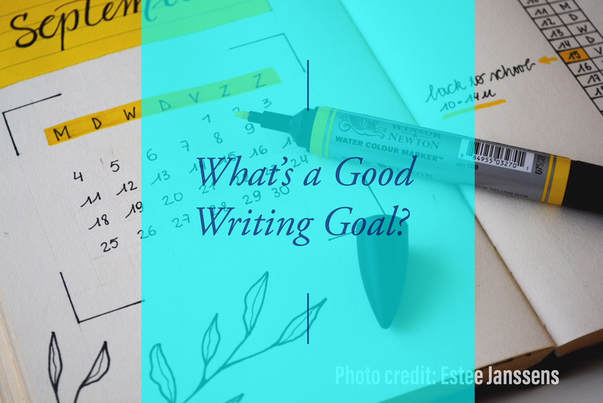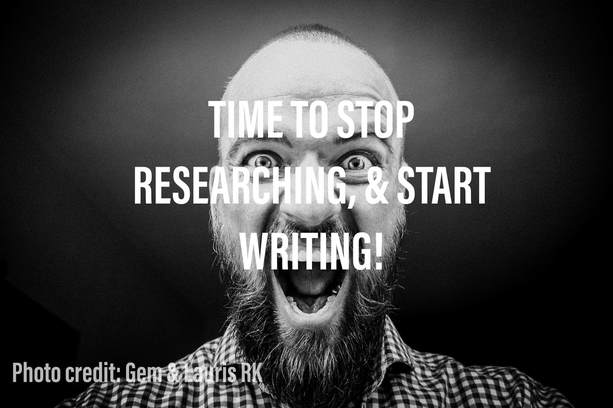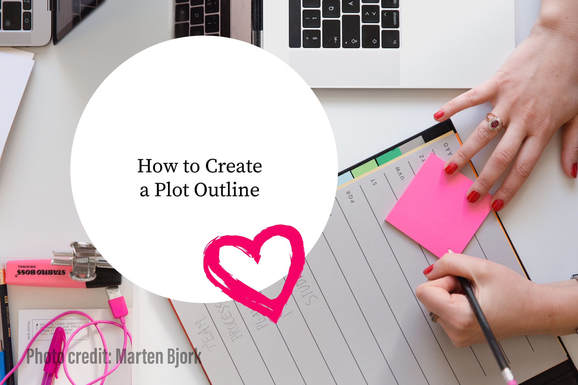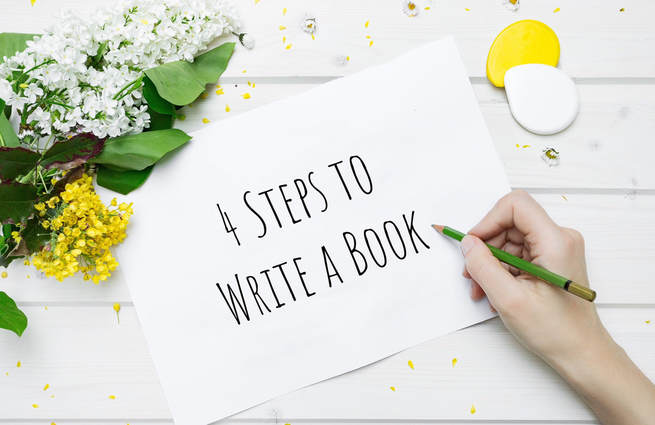|
Writing Chapter One can be tricky. I’ve been there, and I’ll be there again.
With each new book, crafting that opening scene is hard. After reading it over and over, your mind can be left a jumbling mess, but the process becomes easier with time. I searched the top 6 books on Amazon, the category: Amazon Best Sellers in Teen and YA Books. I thought it would be interesting to look at their opening lines, as well as their opening scenes. Do they have anything in common?
0 Comments
Writing goals can be tricky, especially for a new writer who doesn’t know how long it takes for them to write a book. But goals are important and they’ll help you write even if you’re “not in the mood.” As soon as I start writing, 8 times out of 10, that drabby mood disappears and I’m in love with the words again.
When you have an idea for a new book on the horizon, it may require research. Some books require more research than others, and some books may require more research later in the writing process rather than in the beginning. But for those aspiring writers who find themselves researching for hours and hours before they ever start writing their book, this blog post is for you. What types of bookish stuff might need to be researched?
Glossary
Inciting Incident: In the first two chapters of your story, something will take place—causing conflict—that catapults your protagonist forward on a new path. If nothing happens, then there’s no reason for your protagonist to change, which means there’s no story. This important event is called the inciting incident. Point of No Return: This is the time when your protagonist is forced to completely leave their old world behind. Your protagonist is unable to move backward due to their newfound knowledge and choices they’ve been confronted with.
Why is a plot outline good for your writing? Not every writer creates an outline, but many writers do. You don’t have to know exactly what will take place in each chapter before you write, but the more you know, the better. I’ve known many writers, including my younger writer self, who have written their stories into dead-ends by not having an outline.
Glossary Genre: A genre is a specific group for categorizing similar books Protagonist: The main character of your story. You can have more than one main character, but normally, one will rise above the rest. I’ve been asked this question by friends many times. If you have an idea for a story, what’s the next step?
Sometimes you may start with an idea for a plot, and other times you may have an idea for a character. If you find yourself stuck, figure out the stakes for your protagonist. What sort of conflict will your protagonist run into throughout the story? If you have a few ideas for scenes, write those scenes down first. After that, do a bit of research about the town (or a similar one) where you want your story to take place. Look for nearby locals in that town to give you a few ideas for possible scenes. Below is a four-step process to start you in the "write" direction for writing your book. If you can complete these steps, you have the workings of a story! |
Archives
January 2019
Categories
All
This website uses marketing and tracking technologies. Opting out of this will opt you out of all cookies, except for those needed to run the website. Note that some products may not work as well without tracking cookies. Opt Out of Cookies |






 RSS Feed
RSS Feed

